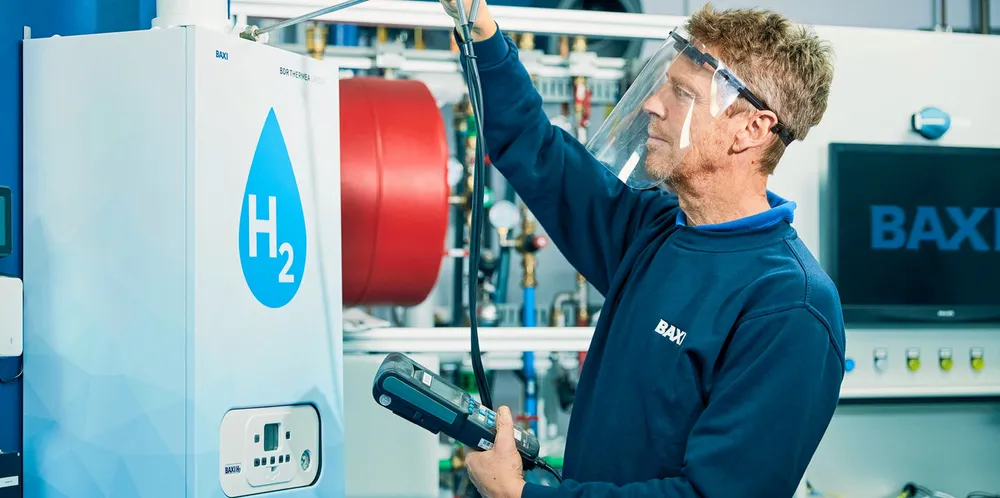Why using clean hydrogen for heating will be too difficult, expensive and inefficient: report
Converting natural-gas grids to 100% hydrogen and using the zero-emission gas to heat buildings lacks 'tangible benefits' and makes no economic sense, says independent study
